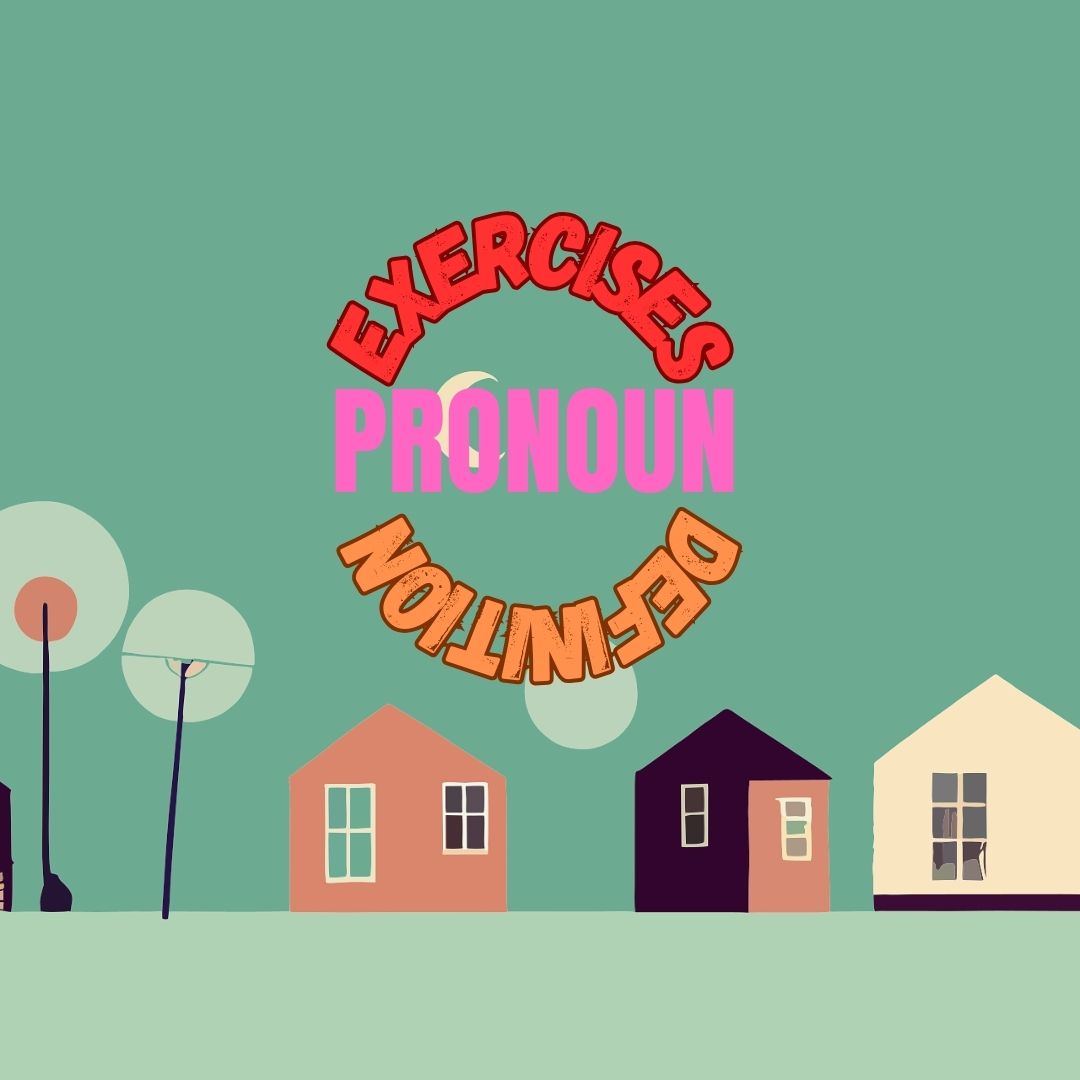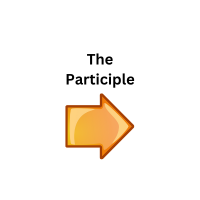Tag: adjective

Pronoun Exercises
Pronouns are words that substitute nouns in sentences to avoid repetition or add clarity. They come in various types, each serving a specific function:

Subordinate Clauses
A subordinate clause, also known as a dependent clause, is a group of words that has both a subject and a verb but cannot stand alone as a complete sentence.

The place of Prepositions
In English grammar, prepositions typically come before nouns or pronouns to show the relationship between the noun or pronoun and other words in a sentence. The placement of the preposition depends on the structure of the sentence and the specific preposition being used.

The Participle-Non-Finite form of the Verb
The participle is a non-finite verb form that possesses properties of both verbs and adjectives (and sometimes adverbs). It can be used to create verb phrases, participial phrases, and adjectival phrases. Participles, as verb forms that function as adjectives, can be used to modify or describe nouns, effectively turning them into attributes. When a participle is used to modify a noun, it acts like an adjective, providing additional information about the noun.

The Infinitive-Non-Finite form of the Verb
The infinitive is a verb form that typically uses the word to before the base form of the verb. For example: to run, to walk, to eat, etc. The infinitive form is often used as a noun, an adjective, or an adverb in a sentence.